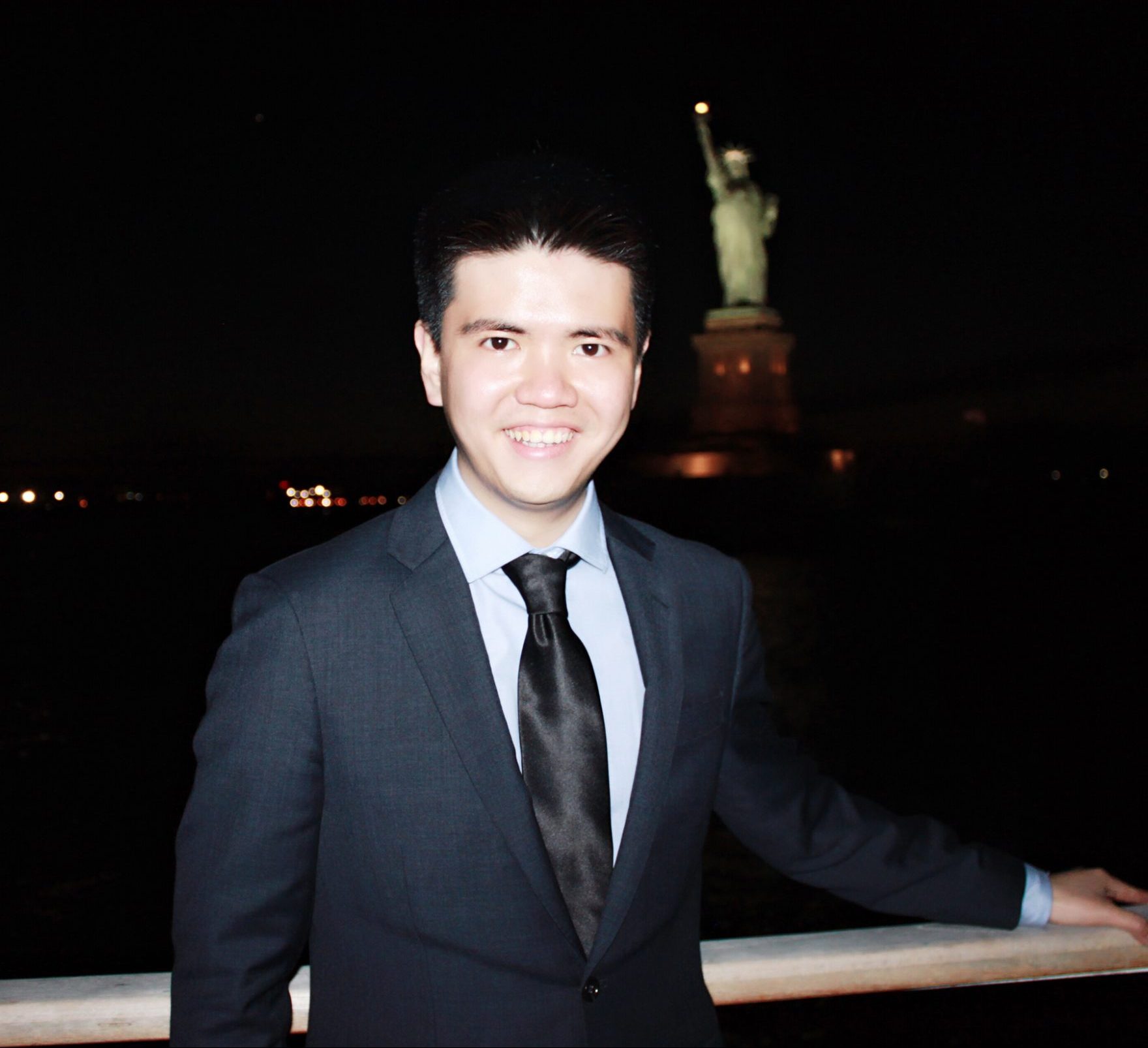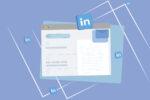Marx once expressed that human society is a network of economic interdependence. Our world is fundamentally social; we as human beings would not be able to survive and extend our civilization without constant communication with other social beings. Additionally, our society is intrinsically economic. Allocating rare resources is an idea woven deeply into the fabric of our society as well as a prerequisite for human development. Through the same lens, it is fair to say that LinkedIn is a product of economic interdependence.
LinkedIn creates social bonds and fosters interpersonal connections while keeping a focus on one practical purpose — professional networking. It amplifies the value of our links, facilitates the exchange of information capital, catalyzes the spread of new ideas and ultimately accelerates the pace of economic development.
As a rising, vital part of society, young people like us should leverage this powerful digital platform to unlock the possibilities of our potential, and — more importantly — to serve the future world.
LinkedIn Is a Social App — but Professionally-Focused
LinkedIn provides the most common features of a typical social app: messaging, posting and adding people to your network. The service’s uniqueness lies in its professional focus.
Unlike other social apps, such as Facebook and Instagram, LinkedIn encourages people to only present themselves as professionals and share solely professional-related content. This is good news, not only for career-driven people, but also for society as a whole. The app facilitates the efficiency of communication among professionals outside their own formal working space, and all over the world. For even more help, you can use LinkedIn profile services to get the best results.
On LinkedIn, all comments you make and all content you share can be seen by everyone you are connected with. Members of your professional network can then comment on the posts you like, the content you share and even the comments you make on the posts of others. Thus, with its sole emphasis on the professional realm, LinkedIn naturally tends to be a neutral and respectful space, providing a respite from the negativity that can be found on other social media platforms.
Wait! Does this sound like a rigid virtual office social space? Absolutely not. As a common networking platform, LinkedIn allows you to enjoy a “flat” culture and provides you with access to anyone in your network, even the CEO of your company — if you’re connected in the first place, of course.
By simply clicking on “Message,” you can even send members of your network your favorite emoji, similar to those found on Instagram, which brings a human touch to the professional norms. Or you can initiate a video conference through the platform. LinkedIn provides flexibility with respect to how serious you would like to be with the connections you are reaching out to.
Don’t be frustrated if you’re only connected with people you already know. An amazing feature of LinkedIn is that you are also accessible to second and third connections, or people who are connected with your connections.
You can message with second and third connections as easily as you can with your actual connections. Because LinkedIn only connects users through a network of people they trust, you are more likely to get a response from these second connections on LinkedIn compared to other platforms.
The level and the importance of trust might be diluted as your number of connections grows, but it is still relatively effective due to the transitivity of social bonding among human beings. LinkedIn significantly bridges the gap among people at all stages of their career development, sparks the flow of information across social segments and increases the potential for social mobility by making connections and information more accessible to people from different social backgrounds.
The app creates more liquidity for the accumulation of social capital; due to the nature of its design, your networking power will grow as your connections on LinkedIn increase. It also eliminates the selection costs of connecting with new people by filtering out those who aren’t in your not-too-distant network.
It’s a Marketplace for Jobs
Many colleges use Handshake, a service where employers post their current openings, events and interview opportunities. LinkedIn is similar, but it encompasses more opportunities outside your school circle.
The experience is nearly as seamless as Handshake, though it is not specifically designed for college students. You can simply type the keywords of your desired positions or companies into the search bar, and then you immediately find out whether there are any current related job listings on LinkedIn.
Through the page of a specific position and its affiliated company, you can also see how many of your alumni or college friend connections are working at the same company. Ah-ha! Time to reach out for a virtual coffee chat to learn more about the position.
Since LinkedIn is a global platform, you can access opportunities across all continents. I myself found a job opportunity in Europe through LinkedIn and was invited to the final round of interviews before the program was canceled because of COVID-19.
LinkedIn Is a Motivational Center
Since the outbreak of the pandemic, LinkedIn users have been increasingly motivated to share the joys and frustrations of their professional lives as well as the lessons they learned from these ups and downs along the way.
Stories are spreading in the loops of professional networks — such as the failures and successes in making a career switch, the struggles and victories as a first-generation college student pursuing a competitive career, being part of a wave of COVID-19 lay-offs and finding new meaning in life through the challenges.
LinkedIn not only helps its users create a much-needed positive vibe within its online community, but it also further strengthens the bonds among people through the formation of a career-adaptive and mutually inspiring culture.

















